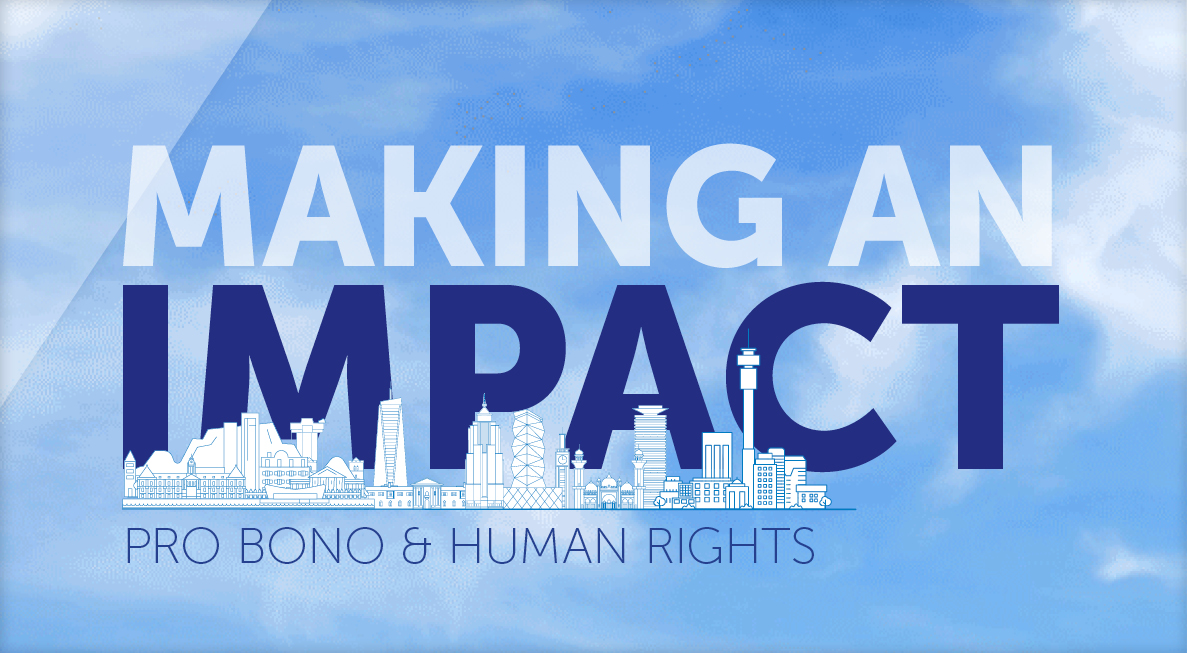Bringing claims against the South African government for extra-territorial conduct
At a glance
- The disbandment of the SADC Tribunal has led to the South African government facing lawsuits in domestic courts, with plaintiffs seeking billions of Rands in damages.
- The Constitutional Court ruled that South Africa's participation in the disbandment of the SADC Tribunal was unconstitutional, criticizing former President Zuma's conduct as procedurally unlawful and in bad faith.
- Recent court judgments clarify that the South African government cannot be held liable for extraterritorial conduct causing harm to non-nationals, but South African nationals may have a claim for violations of their rights due to the disbandment of the SADC Tribunal. The future of the multilateral dispute resolution system in SADC remains uncertain.
The Constitutional Court was particularly scathing of the former President Zuma’s conduct, labelling it procedurally unlawful, ultra vires his constitutional authority and in bad faith against an international Treaty that South Africa bound itself to. As such, the court confirmed that where executive power is exercised, be it on an international stage or domestic, such power must be exercised in conformity with the principles of the Constitution.
The court also ordered the President to withdraw his signature from the 2014 Protocol on the SADC Tribunal, which decision President Ramaphosa complied with in 2019.
Context to the Disbandment of the SADC Tribunal
The SADC Tribunal was established under the SADC Treaty for the adjudication of various disputes within SADC. From August 2000, SADC nationals started approaching the Tribunal for recourse against members states for violations of rights against nationals or SADC member states within the jurisdiction of a SADC member state.
In the most notable case to date, Campbell v Zimbabwe [2008], the SADC Tribunal ruled that the Zimbabwean government had violated the rights of various Zimbabwean farmers by unlawfully expropriating their farms. As a consequence of the Campbell decision, Zimbabwe exerted pressure on other SADC member states to essentially make the SADC Tribunal “dysfunctional”. The strategy worked: A series of political processes and decisions taken by other SADC members began to erode the effectiveness of the Tribunal, including, a failure to appoint SADC tribunal judges. In August 2010, at the SADC Summit, members resolved that the Tribunal would no longer hear new cases.
While this process was ongoing, several other parties commenced proceedings at the SADC Tribunal including Swissborough Diamond Mines (Pty) Ltd against the Kingdom of Lesotho to which the case of the Trustees for the time being of the Burmilla Trust and Another v President of the Republic of South Africa and Another [2021] 1 All SA 578 (GP) relates and several other Zimbabwean farmers to which the Luke Thembani and Others v President of the Republic of South Africa and Another (Case No 24552/2019) relates. These two judgments, albeit in relation to exceptions raised by the South African government, are important because they reflect the courts position on the circumstances under which the South African government could be held liable for extraterritorial conduct.
Brumilla
In Burmilla, the High Court held that Swissborough and its successors in title had no right under the South African Constitution to require South Africa and its President to uphold its terms. Although the High Court recognised that non-nationals have rights under the Constitution while they are in the Republic and in respect of acts performed by government actors within its borders, South Africa owes no duties to foreign corporate nationals for acts of and in conducting foreign policy performed outside its borders. To repeat the words of the court: “in formulating and executing its foreign policy, South Africa is under no legal obligation to have regard to or protect the interests of foreign corporate nationals when they are doing business outside South Africa”, and that “foreign policy must on occasion require South Africa to act to the detriment of foreign nationals in their interests and activities outside South Africa”. The High Court held that to hold otherwise and order the payment of monetary compensation to non-nationals would diminish the store of wealth available to the South African government to fulfil its constitutional obligations to its own nationals.
Thembani
In Thembani, the High Court held that Burmilla was correctly decided on the issue of extraterritorial conduct and was consistent with the Constitutional Court’s judgment in Kaunda and Others v President of the RSA and Others 2005 (4) SA 235 (CC), where Chief Justice Chaskalson held that whilst non-nationals were in South Africa, they would be entitled to the protections afforded by the Constitution, but that they would lose the benefit of that protection when they move beyond South Africa’s borders.
Conclusion
The High Court judgments in Burmilla and Thembani clarify that extraterritorial conduct by the South African government or its functionaries which results in harm being caused to non-nationals and which conduct is also in breach of the Constitution, will not entitle those non-nationals to bring a claim for damages out of South African courts against the South African government. Importantly, the circumstances here relate to the conduct of another sovereign state (i.e., human rights abuses against its national) and that state’s national then suing the South African government for its participation on a multilateral level to disband the SADC Tribunal. The causal link between the harm caused by the other states and South Africa’s conduct in the disbandment of the SADC Tribunal was considered far removed. Conversely, South African nationals may have a claim against the South African government for its the extraterritorial conduct (i.e., the disbandment of the SADC Tribunal) as their access to the SADC Tribunal was removed to lodge any claims against the against the South African government for violations of their fundamental rights by the state. There is thus a much clear causation (i.e., link between the act and the harm) for South African nationals than non-nationals.
In general, the disbandment of the SADC Tribunal reflects a stagnation of the multilateral dispute resolution system in SADC, both for nationals within SADC and for investor-state dispute resolution. The adoption of the 2014 Tribunal Protocol and the later adoption of the Amendments to the Investment Protocol in 2016 have both had a profound impact on the recourse available for aggrieved nationals and/or investors within the region.
It is wishful thinking to deem South Africa’s decision to withdrawal its signature to the 2014 Tribunal Protocol as making a standalone difference to current position of the multilateral dispute resolution system. Any change to the stagnation can only be done through political lobbying by the South African government with other SADC member states. It is now a wait-and-see position.
The information and material published on this website is provided for general purposes only and does not constitute legal advice. We make every effort to ensure that the content is updated regularly and to offer the most current and accurate information. Please consult one of our lawyers on any specific legal problem or matter. We accept no responsibility for any loss or damage, whether direct or consequential, which may arise from reliance on the information contained in these pages. Please refer to our full terms and conditions. Copyright © 2026 Cliffe Dekker Hofmeyr. All rights reserved. For permission to reproduce an article or publication, please contact us cliffedekkerhofmeyr@cdhlegal.com.
Subscribe
We support our clients’ strategic and operational needs by offering innovative, integrated and high quality thought leadership. To stay up to date on the latest legal developments that may potentially impact your business, subscribe to our alerts, seminar and webinar invitations.
Subscribe




